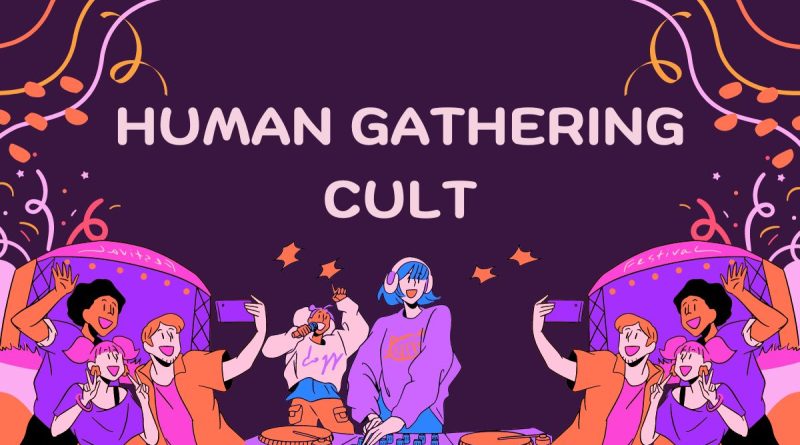Unveiling the Enigma: Exploring the Depths of Human Gathering Cults
Introduction
The Human gathering cult, often shrouded in mystery and controversy, have captivated the human imagination for centuries. These enigmatic groups, characterized by their unconventional beliefs and tight-knit communities, have both fascinated and terrified society. In this article, we delve into the intriguing world of human gathering cults, exploring their origins, characteristics, psychological underpinnings, and impact on members and society.
Origins and Evolution
The Human gathering cult have roots stretching back through history, with examples found in ancient civilizations and across various cultures. From religious sects to utopian communities, these groups have evolved over time, adapting to societal changes and technological advancements. In the modern era, human gathering cults continue to emerge, often blending traditional ideologies with contemporary influences.
Characteristics of Human Gathering Cults
The Human gathering cult typically exhibit distinct characteristics that set them apart from mainstream society. They often espouse unconventional belief systems, led by charismatic leaders who wield significant influence over their followers. Recruitment tactics vary but frequently involve psychological manipulation and social isolation to maintain control over members.
Psychology Behind Cult Membership
The Human gathering cult membership can be attributed to a combination of psychological factors. Vulnerable individuals may be drawn to these groups seeking meaning, belonging, or a sense of purpose. Once ensnared, members may undergo cognitive manipulation, gradually adopting the beliefs and behaviors prescribed by the cult.
Impact on Members
While some individuals find solace and community within cults, many experience negative consequences. Psychological effects such as cognitive dissonance, indoctrination, and trauma can result from prolonged exposure to cult dynamics. Social isolation from friends and family, coupled with financial exploitation, further compounds the harm experienced by members.
Notable Examples
Throughout history, numerous human gathering cults have left their mark on society. From the ancient cult of Dionysus to the modern-day Heaven’s Gate, these groups have shaped cultural narratives and sparked public debate. Contemporary examples such as NXIVM and the Manson Family serve as reminders of the enduring influence of cults in the modern world.
The Human gathering cult Legals Issues
The Human gathering cult often raise legal and ethical concerns. Cases of abuse, coercion, and exploitation may prompt legal intervention, but navigating the complexities of cult involvement presents unique challenges. Balancing individual freedoms with public safety requires a nuanced approach informed by legal precedent and ethical principles.
Strategies for Prevention
Efforts to prevent cult recruitment and support former members are crucial in mitigating the harm caused by these groups. Education and awareness campaigns can empower individuals to recognize and resist coercive tactics employed by cults. Additionally, providing access to support services and counseling can aid those seeking to transition away from cult involvement.
Conclusion
The Human gathering cult continue to captivate the human psyche, serving as cautionary tales of the dangers of unchecked influence and manipulation. By understanding the origins, characteristics, and psychology behind cult dynamics, society can better equip itself to address the challenges posed by these enigmatic groups.
FAQs
How do cults recruit new members?
The Human gathering cult often use a combination of psychological tactics, such as love bombing and isolation, to recruit vulnerable individuals seeking meaning or belonging.
Can anyone be susceptible to joining a cult?
While susceptibility varies among individuals, factors such as loneliness, trauma, and a desire for purpose can increase vulnerability to cult recruitment.
Are all cults harmful?
While not all cults are inherently harmful, many exert control over members’ beliefs, behaviors, and finances, leading to negative consequences.
How can families help loved ones involved in cults?
Families can offer unconditional support and understanding while encouraging their loved ones to seek professional help and resources for cult recovery.
What role does the internet play in cult recruitment?
The internet has facilitated cult recruitment by providing platforms for dissemination of cult ideology, recruitment tactics, and online communities where individuals can find validation and support.


